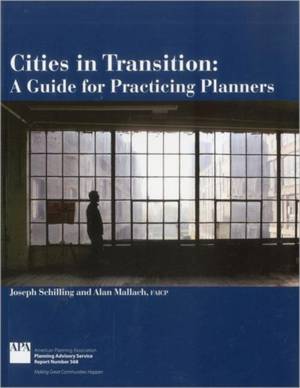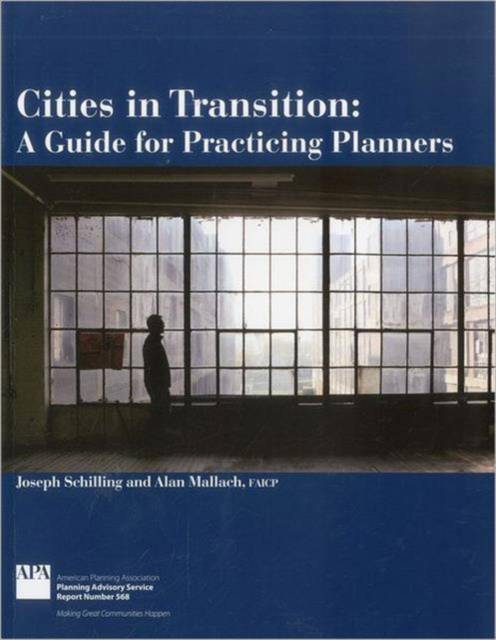
- Retrait gratuit dans votre magasin Club
- 7.000.000 titres dans notre catalogue
- Payer en toute sécurité
- Toujours un magasin près de chez vous
- Retrait gratuit dans votre magasin Club
- 7.000.0000 titres dans notre catalogue
- Payer en toute sécurité
- Toujours un magasin près de chez vous
Description
Most urban planning tools are designed to manage growth. What happens when the process runs in reverse? How can cities deal effectively with job and population loss, property vacancies, and economic retrenchment?
This vital report offers step-by-step guidance for reviving cities in transition. Although the authors look at the challenges these communities face -- from an aging population to urban sprawl to natural disasters -- they focus on solutions.
Cities in Transition suggests workable, scalable strategies for revitalizing cities and inner-ring suburbs. It describes the planner's role in building civic and policy support for creative approaches. And it shows how traditional planning tools can adapt to today's needs. In case studies from cities in the Rust Belt, the Sun Belt, and abroad, readers will find examples of urban recovery at work. Planners, policy makers, and community leaders will come away with concrete ideas for making transitional cities stronger, healthier, and more resilient.
Spécifications
Parties prenantes
- Auteur(s) :
- Editeur:
Contenu
- Nombre de pages :
- 168
- Langue:
- Anglais
- Collection :
- Tome:
- n° 568
Caractéristiques
- EAN:
- 9781611900088
- Date de parution :
- 06-03-13
- Format:
- Livre broché
- Format numérique:
- Trade paperback (VS)
- Dimensions :
- 213 mm x 277 mm
- Poids :
- 566 g

Les avis
Nous publions uniquement les avis qui respectent les conditions requises. Consultez nos conditions pour les avis.






